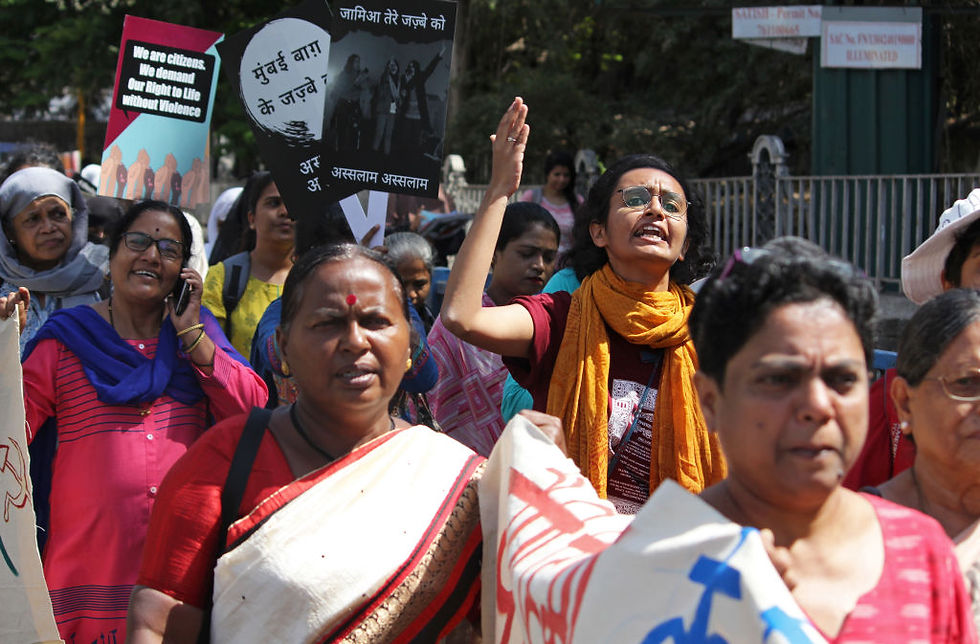A realistic take on political governance in plural political democratic systems
- Siddhant More

- Jul 13, 2024
- 3 min read
Updated: Sep 14, 2024
No outlook, belief or solution, let alone a ‘claim’, can be universal without modifications. For one to assume a single doctrine to apply to all is utopian. When one makes a ‘universal claim’ on any type of subject matter, it produces an ignorant undertone toward the dynamic nature of one’s surroundings and human nature. For example, the concept of a nation-state may originate from a similar idea, but for its guiding principles to be universal in nature would simply remain unrealistic. This is because the meanings attributed to the nation vary considerably within and across country borders, a fact that cannot be ignored in any serious discussion of political governance.
In a post-democratic world, it is paramount that the concept of democracy remains ever-changing — subject to continuous adaptation and improvement based on the developments of the nation and, correspondingly, the world. However, this is not the case because democracy today has become a set of institutions and values that, instead of being created with everyone, are designed by a select few and imposed on others. This action, although labelled as democratic given the select few are elected by the masses themself, slowly kills the very concept of the inclusive nature of what democracy stands for. We call this evolved governance setup a representative democracy but fail to recognise that this setup conveniently allows for the exclusion of a hefty majority of the population by steering them away from being in a position to protect their interests in any way. In this post-democratic world, a vote is given without a voice. Each vote may have the same weight as every other one, but this notion of generating an equal status does not encapsulate the egalitarian principles of an ideal democracy. “Equality before the law” under a representative democracy calls for zero distinction among different identities before the law. But, the societal response to this would be to read the notion as a requirement to gain a strong group identity as a method to forward their interests. Asking members to organise themselves to allow any influence or change cultivates a feeling of distinction between the masses. Identity in group politics relies heavily on commonalities. Therefore, the more identity cements itself in the minds of the masses, the more stress is placed on dissimilarities between the people, leading to a rise in populism trends.
Populism expresses the waning public confidence in the core representative institutions of parties and parliaments . All democratic political movements and parties make somewhat populist claims but when they take over governance we often see them abandon party pluralism, rights of dissenters and other key principles that constitute constitutional democracy (Bellamy, Merkel, 2018). In a multi-communal society, there is often a need to design civil laws in ways that they are shaped according to each of these groups. Democracy serves as a useful tool on these fronts because before the governance devises these policies, it would take into account the specific historical, cultural, and socio-economic contexts of each of these groups and then develop practices that remain responsive to the needs of each of these communities.
Democratic political governance in the modern day seems diluted and astray from what it originally set out to be in today’s date. I find the institution to be lagging in policy on fronts of economic development and social equality. Opening up to ideas of allowing agonistic outcomes to have a greater influence than what they currently hold can also prove to be transformative. In the example of the Indian political system, an agonistic design aimed at providing for productive tension could redirect conflict toward building a stronger sense of democracy in the country. Democratic political governance must aim to set up a system of true justice and policy where a state provides for all rational asks and demands without having to choose between potential beneficiaries. Justice, in it’s true sense, is not about choosing between groups but giving into demands if they have a rational standing. In my view, policies need to be monitored and evaluated more effectively to ensure they are achieving their intended outcomes while simultaneously addressing the needs of the most vulnerable groups, a crucial consideration for policymakers and academics in the field. References -
Sen, Amartya, et al. “Democracy as a Universal Value.” Journal of Democracy, vol. 10–3, 1999, pp. 3–17, slunik.slu.se/kursfiler/SG0091/10006.1112/Sen1999.pdf.
Bellamy, Richard, et al. “Challenges of Inequality to Democracy.” Cambridge University Press eBooks, 2018, pp. 563–96, doi:10.1017/9781108399647.007.













Comments